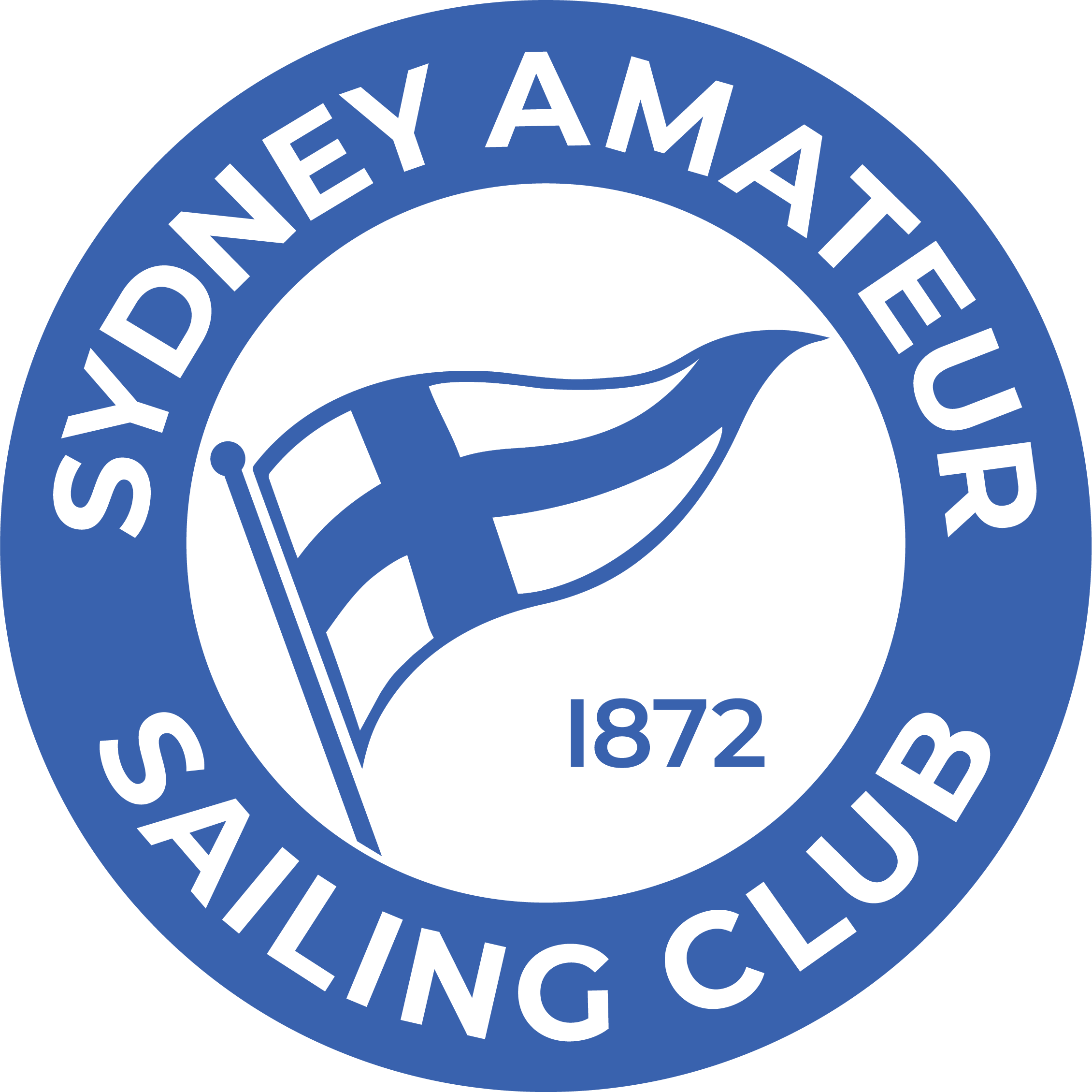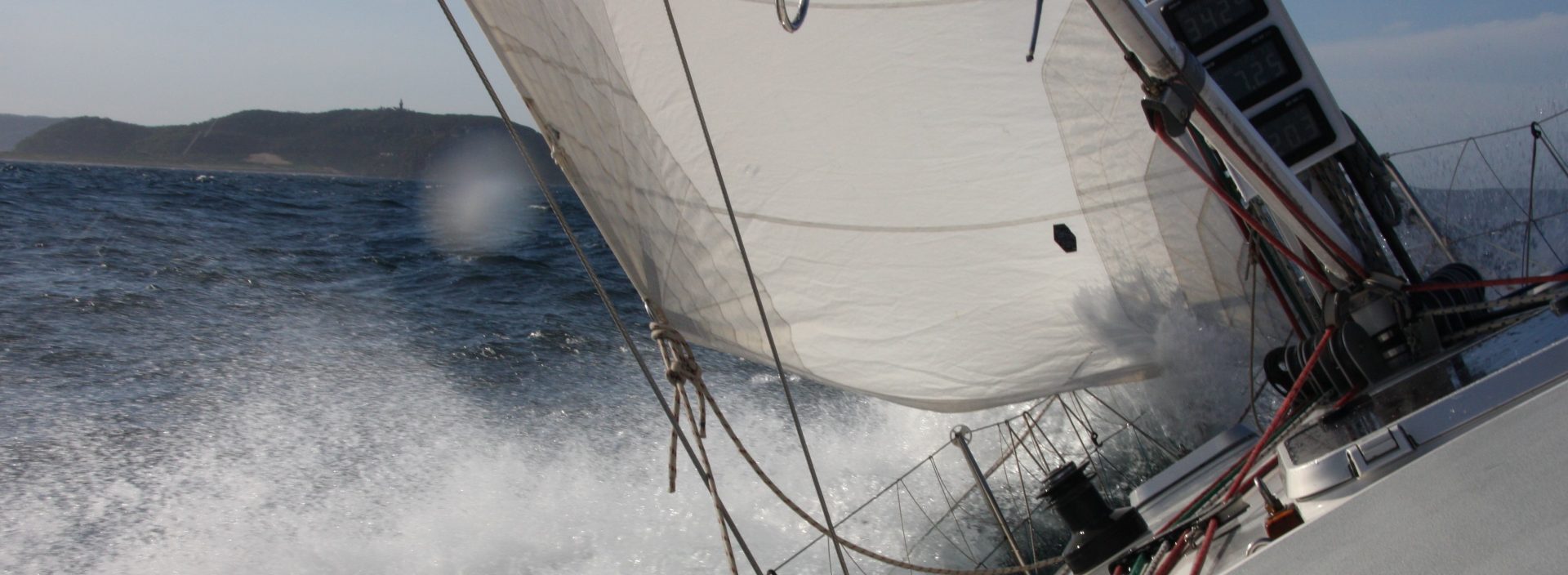23rd May 2020
CHARLES DARWIN – THE VOYAGE OF THE BEAGLE (1831-36)
“While sailing a little south of the Plata on one very dark night, the sea presented a wonderful and most beautiful spectacle. There was a fresh breeze, and every part of the surface, which during the day is seen as foam, now glowed with a pale light. The vessel drove before her bows two billows of liquid phosphorus, and in her wake she was followed by a milky train. As far as they eye reached, the crest of every wave was bright, and the sky above the horizon, from the reflected glare of these livid flames, was not so utterly obscure as over the vault of the heavens. I am inclined to consider that the phosphorescence is the result of the decomposition of organic particles, by which process the ocean becomes purified.”


